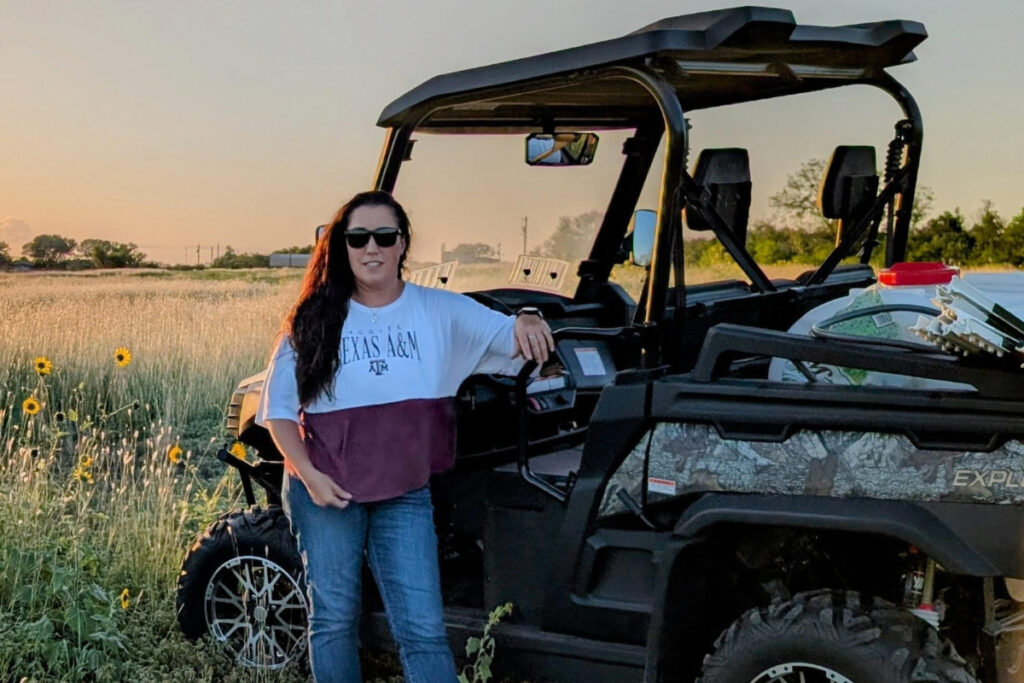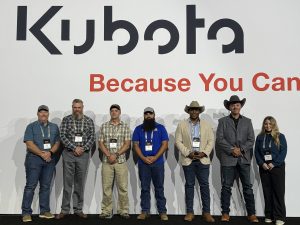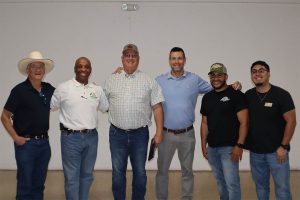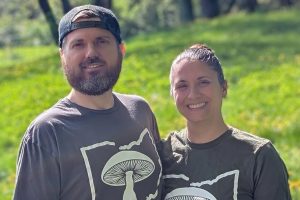After having only been home from her 6th deployment for a little over a month, Debbie Bryan was struggling to adjust to civilian life. Her anxiety was at an all-time high and her plan was to return to operations after retiring from the Air Force back in December of 2024. However, her post-military career plans took an unexpected turn when she received an email from her American Legion Post about the BattleGround to Breaking Ground (BGBG) SkillBridge program for transitioning military members.
The BattleGround to Breaking Ground Program is a training program that consists of several Program Tracks developed for active duty military, military veterans, their families, and the general public who are new and/or beginning farmers and ranchers to assist them in starting or enhancing a production agriculture business.
Although Debbie thrived in the high-pressure environment that was the Air Force, she began to realize that there was a deep imbalance in other areas of her life, and this opportunity spoke to her soul.
“I saw farming not just as a career shift, but as a path to healing, balance, and reconnection with my roots,” said Debbie.
Farming has always been in her family’s legacy. Prior to her parents becoming part of the working class, farming can be traced back over seven generations on both sides of her family.
Debbie’s dad was stationed in Colorado Springs, CO, in 1982 – just three hours away from her mom’s hometown and her grandparents’ 20-acre farm in La Jara, CO. From the age of five until sixteen, she spent many weekends, holidays, and summer breaks helping her grandparents on their farm.
“Some of my fondest memories are of driving the truck while my grandfather, dad, and uncles bailed hay behind me, bottle-feeding lambs, and gathering eggs and fresh veggies with my grandmother,” said Debbie.
Her love of farms would carry on through her military career. Wherever she was stationed, she would go out of her way to seek out “pick-your-own” farms, sometimes driving hours to capture the charm of visiting a real pumpkin patch or picking ripe produce straight from the vine.
“After joining the military, I wanted my daughter – and later my grandsons – to experience the joys of picking fresh fruits and vegetables directly from the source,” said Debbie. “Those experiences became a cherished part of our lives.”
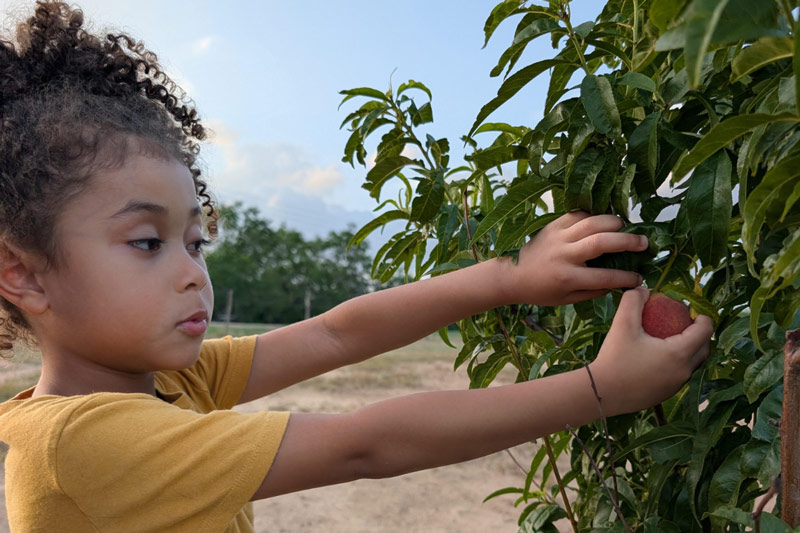
In October of 2024, Debbie closed on an 11.83-acres farm in Seguin, TX, and hit the ground running on her new life as a farmer. She named her farm Weather Girl Farm, a nod to her 26 years in Air Force Weather.
Just as meteorology taught her to analyze and adjust when forecasts didn’t go as planned, farming required flexibility and a constant learning mindset. Everything in agriculture, she would come to realize, is situational – adapting and adjusting to find what works for your specific environment.
Debbie currently has two bee colonies and thirty-three fruit and nut trees, which include peach, pear, apple, fig, and pecan trees, as well as five blueberry bushes. Next year she plans on bringing in cattle and chickens, but her greatest concern was the lack of trees to provide shade in the extreme Central Texas heat. She decided to use her $1,000 FVC-BGBG stipend to purchase ten pecan trees for her back pasture. These trees will provide much needed shade for her livestock, as well as provide a revenue source through pecan sales in the future.
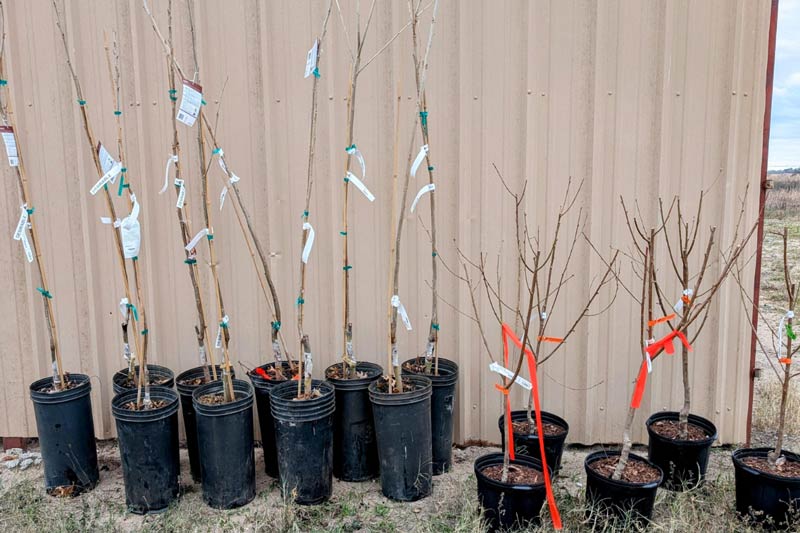
“The BGBG program and FVC have been great not just for the continued educational opportunities, but the extended network of farmers and mentors within my area,” said Debbie. “It really helps me feel like I’m not in this venture alone or without resource for guidance and sounding boards.”
Debbie also received a $1,000 Tractor Supply Company gift card through the 2025 Fellowship Fund. With that funding, she was able to purchase a 2500-gallon water tank for rain harvesting. Also, earlier this year in May, Debbie was elected to the Texas FVC Chapter Board of Directors.
Before owning a farm, Debbie had the chance to study agriculture and build a business plan, which helped her set realistic expectations and shape a clear direction. Even the simplest of tasks come with their own set of challenges, but she finds that there’s something deeply rewarding about finding creative workarounds and seeing each project through. This makes every completed task feel like a small victory.

